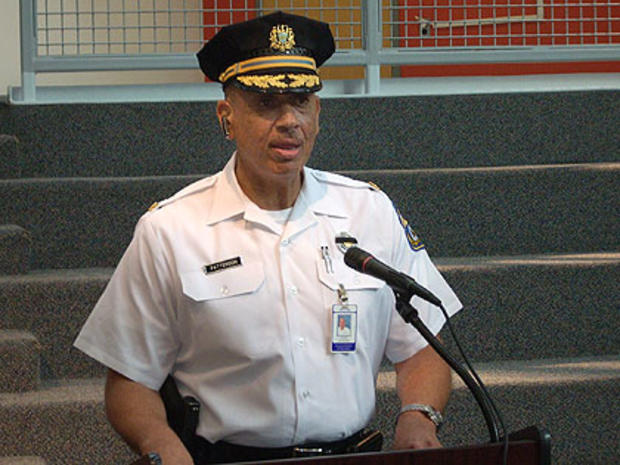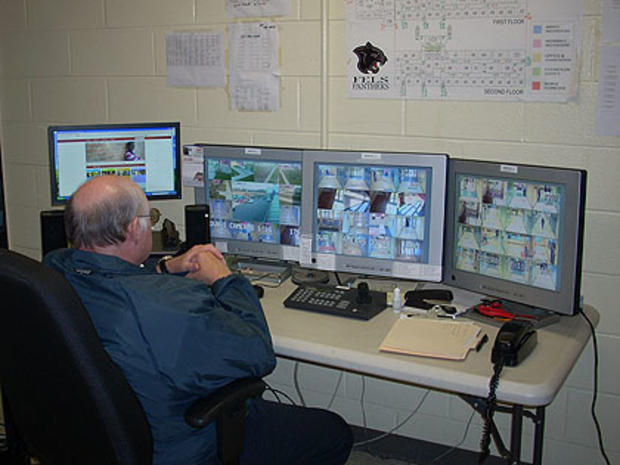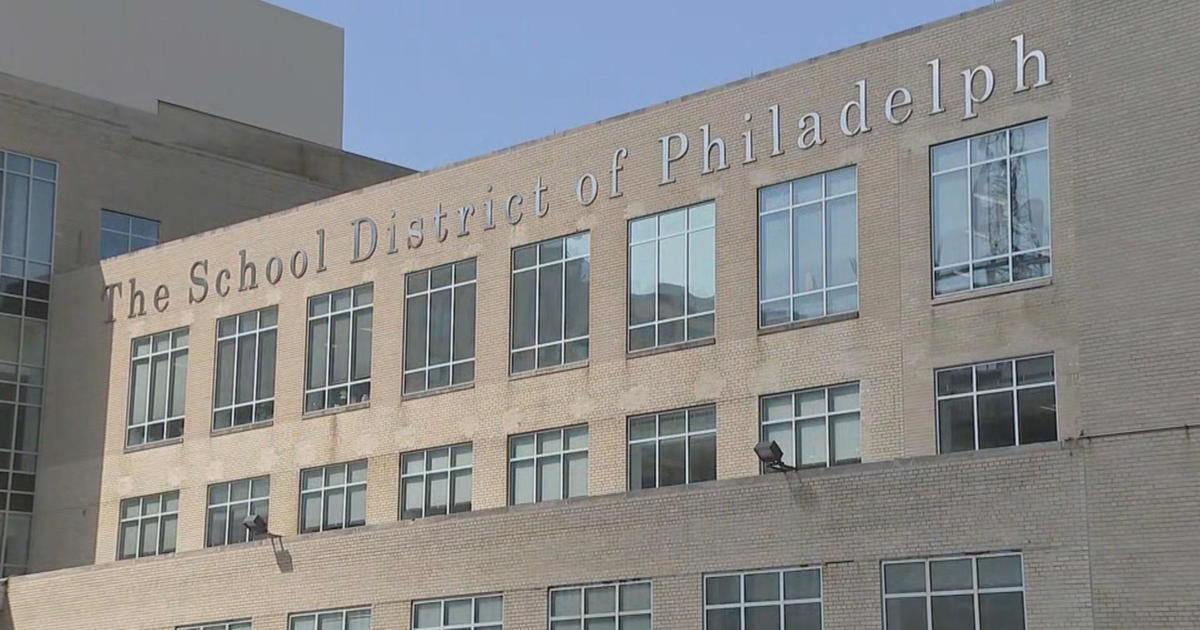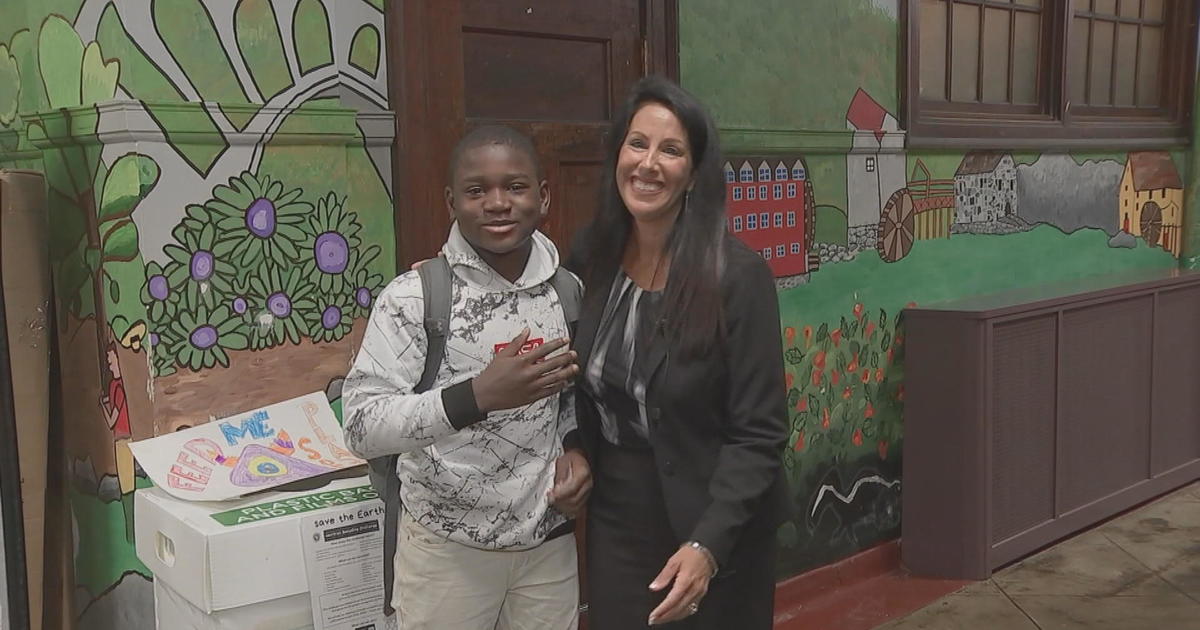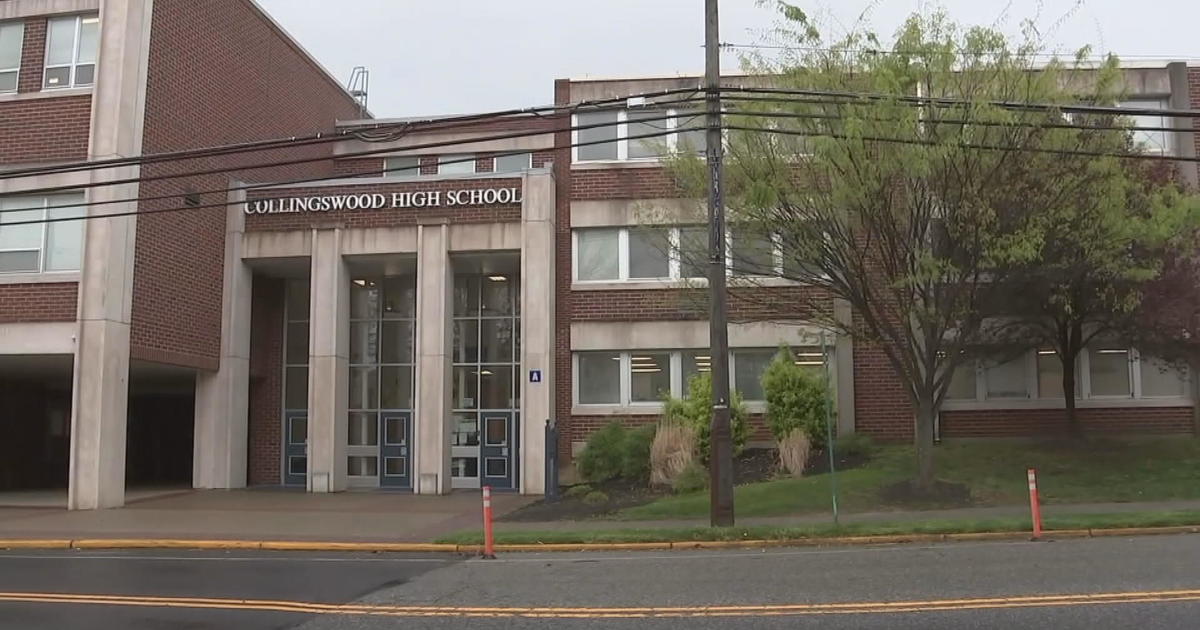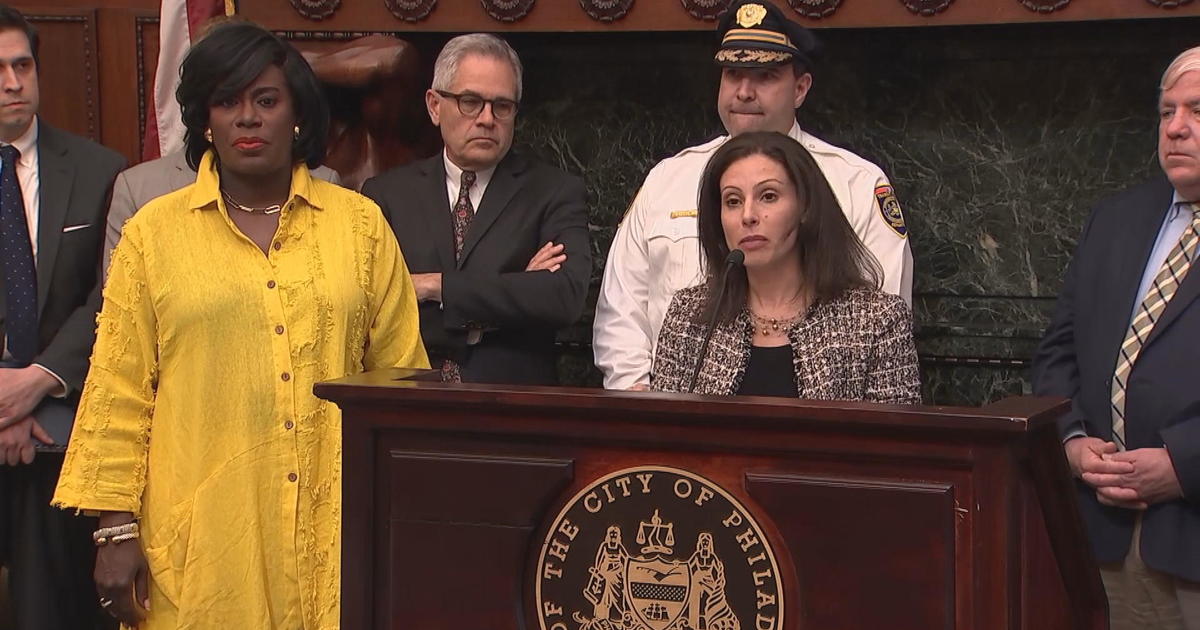Part 4: More Than Toughness
KYW Regional Affairs Council
"Class Action:
Making Schools Safe"
.
By Mike DeNardo
PHILADELPHIA (CBS) -- The numbers show that Philadelphia public schools are largely safe, but with a steady rate of violent incidents that cause fear and disrupt learning.
There were more than 4,200 assaults and other violent episodes in Philadelphia schools last school year. That's down from the year before, but taking the drop in enrollment into consideration, the overall rate essentially remained at 2.66 incidents per hundred students.
You can't arrest your way to safer schools, says Dr. William Hite, the new superintendent of the Philadelphia School District (top photo).
"Generally, if we're getting to a point where we have to suspend or arrest, it's already too late," he tells KYW Newsradio.
Meanwhile, enforcement is already stretched, in a school district where budget cuts claimed the jobs of 91 school police officers last June. The head of the school police force, chief inspector Myron Patterson, says roving school police are being redeployed.
"With the reduction in force over the past year, it's very difficult. We're doing more with less," Patterson (below) tells KYW Newsradio.
----
At Samuel Fels High School, for example, with its 1,400 students, the school police force was reduced from 13 officers last year to seven this year.
---
But Hite, the schools superintendent, says it's not all about the number of officers:
"Just from an enforcement side, actually, we will never have enough resources to put enough individuals in place to enforce every rule."
So, he says, a climate of safety has to begin in the classroom. "That becomes something that we have to do one student at a time," by knowing their tudents to the point where teachers notice when something's amiss and ask them what's wrong, instead of waiting for the student to act out and punishing them after the fact.
----
Listen to Part 4...
